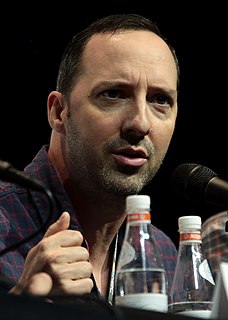A Quote by Rowan Williams
Incidentally, one of the most worrying problems in the impact of Western modernity on traditional culture is that it quite rapidly communicates its own indifference or anxiety or even hostility about age and ageing.
Related Quotes
In some instances even certain social services that normally were supplied, or pre-empted by the state. Take the United States, the [Ronald] Reagan administration is withdrawing assistance, all kinds of welfare programs, and if people don't improvise their own resources to cope with problems of the ageing, problems of the sick, problems of the young, problems of the poor, problems of tenant rights, who will?
Most people in the Middle East at the moment, even if they are totally open-minded about possible peace, nobody does anything. It's an age of indifference in a way. It's like: "OK, terrible things are happening here, terrible things are happening there... forget it. We'll keep on going for our own benefit."





































